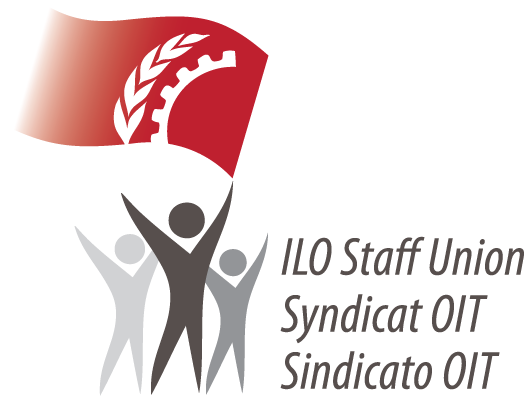As we are approaching the ILO centenary it is opportune to look back, and draw on the recollections of the men and women who have spent most of their working lives in the service of the highest ideal: social justice. For a century the ILO has been working to translate this ideal into fact. As Albert Thomas once wrote: “It is possible to conceive of the ultimate and complete realization of the ideal for which the Organization is patiently working, a world in which conditions of labour are governed by international conventions that do justice to all needs of protection and are ratified and applied by every State. In our world the “social justice”, which is the aim of the Organization, will have been finally and fully established. This end has not been attained if indeed it is at all attainable in a changing world always concerned for the maintenance of its unstable economic equilibrium. But those who have an ideal worthy of the name will work steadily for its realization even without the stimulus of the hope that it will one day be achieved.”
The ILO is not just the legal structure as set out in its Constitution, but a living organism within which the Office has to meet new challenges and conditions. The ILO would not be what it is without a devoted and competent staff drawn from many countries and areas of competence. The words of Edward J. Phelan who saw the birth of the ILO in 1919 and later became its Director-General in 1941, speak to us all: “Nobody who has spent any considerable time in the ILO ever really leaves it. As long as that loyalty exists and as long as it is fed by looking back at the ILO’s history, the ILO will continue to go straight ahead.”
 The Section of Former Officials of the ILO
The Section of Former Officials of the ILO